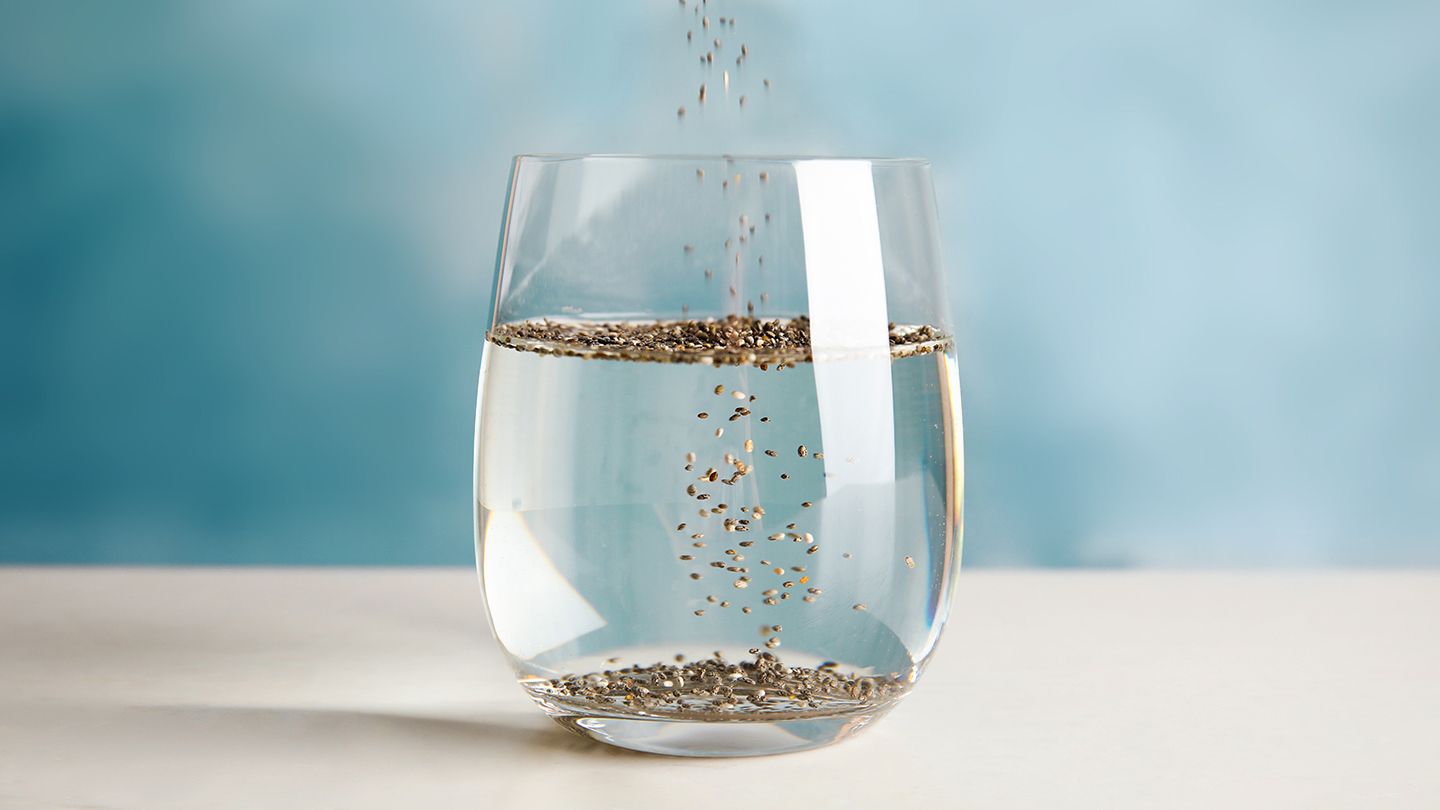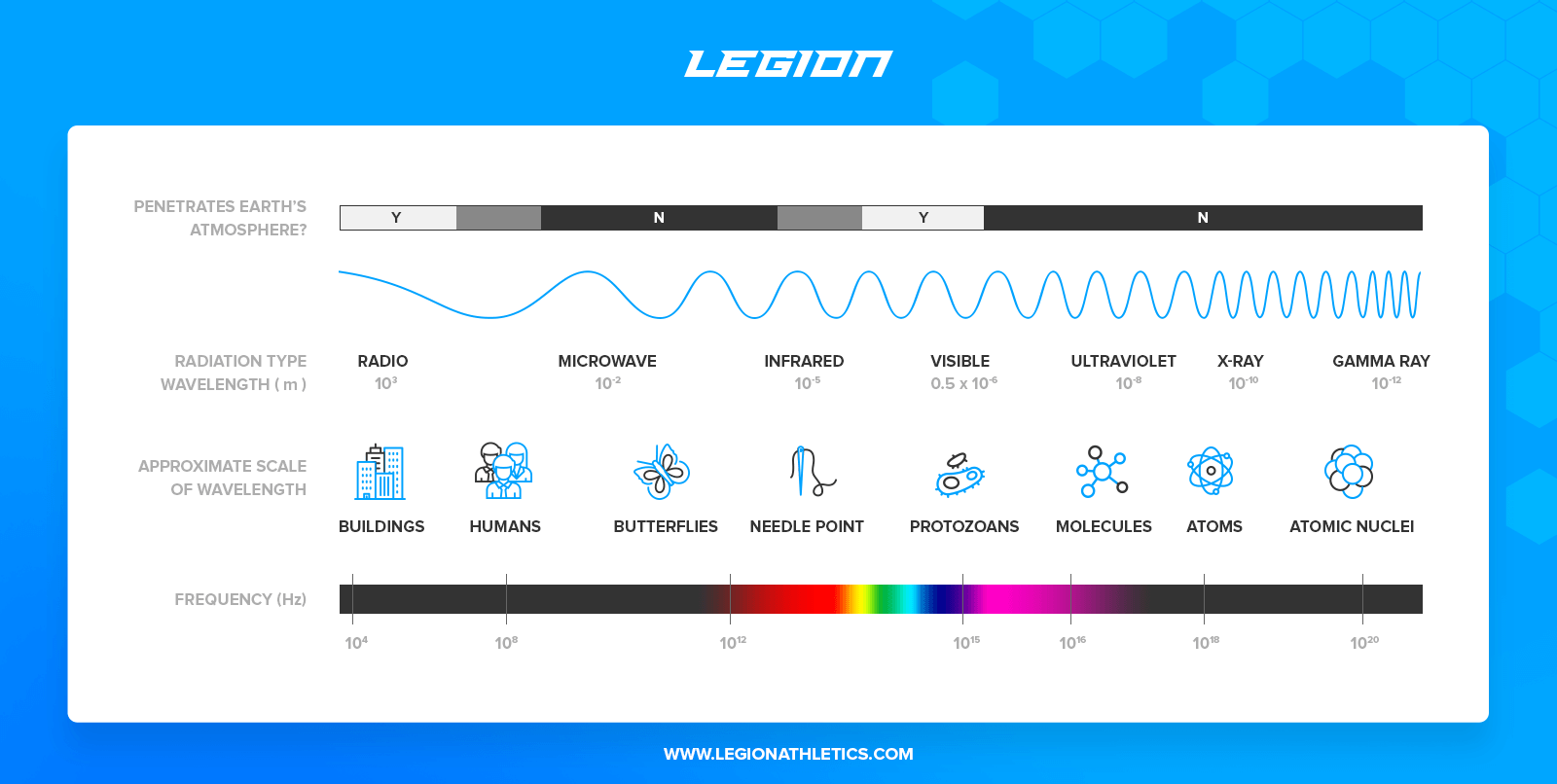
Calories are the units used to measure energy obtained from food. They are usually expressed in kilocalories or kcal, which is the equivalent of thousands of calories. For example, a carrot can provide 25,000 calories, while running for 30 minutes on a treadmill can burn 300,000. People use the term "calories", instead of "kilocalories," to describe the energy obtained from different foods and activities.
Nutritional value of food
The number of calories contained in each serving is indicated on the nutrition labels. These numbers are often expressed in kilocalories and kilojoules. These figures are a metric way of expressing calories, and can tell you whether a serving is high or low in a nutrient.
It is important to note that the amount listed on the label may not be equivalent to the amount of food you consume. That is because some foods have more air or water in them. For example, a cup of raw spinach is equal to about half a cup of cooked spinach. It is important you look at the %DV as a function of the serving size.

Weight loss due to calorie shortage
When you eat less than your body needs, you are considered to be in a calorie deficit. This can help to lose weight. You can lose weight by having your body break down food and store energy for later. The challenge of creating a calorie surplus can be daunting. A nutritionist can help you figure out the best caloric intake for you. How healthy you are depends on your lifestyle, health, and genetics.
The body uses stored fat to generate energy when it is in a calorie deficit. Your body will lose weight as the fat you have stored is converted to energy. You need to calculate how many calories are needed each day to maintain your weight. You can use this number as a starting point.
Effects of calorie surplus on body weight
Caloric surplus can also be defined as consuming more calories than your body needs. These extra calories are used for building muscle and gaining weight. This is key to muscle growth and vital for the health and recovery of other tissues. When you're trying to build muscle, it is important not to eat too many calories.
A caloric surplus of around 200 calories per kg is considered ideal. However, this number is very personal and cannot be determined exactly. The individual must adjust the calorie surplus to suit their needs. A calorie surplus can lead to excess body fat and other health problems. A chronic calorie surplus can result in hormone imbalances, and may lead to changes in eating habits.

Calculating calorie deficit
Calorie deficit is an important step in your weight-loss plan. Your body needs a certain amount of calories every day to perform its normal functions. These include breathing and heart rate, digestion, exercise, and even working out. You must consume fewer calories each day in order to maintain your weight. This number of calories is known as your maintenance calorie. A calculator or app can be used to calculate how many calories your body burns each day.
The process of calculating calorie deficit is not always simple, but it is based on science. You need to examine your lifestyle and make changes. Setting realistic goals is key. Remember that weight loss will take time.
FAQ
What is the best exercise for weight loss?
The amount of exercise needed for weight loss depends on several factors, including age, gender, body type, and how much you weigh. Most people need to exercise at least 30 minutes five days a weeks.
The American College of Sports Medicine recommends 150-minutes of moderately intense aerobic activity every week. It should be spread over three separate days.
If you are trying to lose 10 pounds, 300 minutes of moderate intensity exercise per week is a good goal. This includes activities such brisk walking and swimming laps, bicycling, dancing, playing tennis or golfing, hiking, running, jogging and other similar activities.
If you're just starting out, consider doing 20 minutes of vigorous activity thrice weekly. That could include activities like lifting weights, sprints, jumping rope, or fast walking.
Aerobic exercise helps to build muscle mass and burn calories. Muscle burns more calories than fat does. Building muscle and losing weight can help you reach your goals faster.
Is there any difference between intermittent fasting and calorie restriction?
Calorie restriction refers to eating less than what your body requires. Intermittent fasting, on the other hand, doesn't restrict calories. Intermittent fasting focuses more on eating fewer calories every day.
Intermittent fasting works better because it allows for you to enjoy your favorite foods without feeling guilty.
Both methods have pros and cons. It is up to you to decide which method you prefer.
Is intermittent fasting affecting my sleep quality?
Yes, intermittent fasting can impact your sleep. When you skip meals, your hunger hormones increase. As a result, you may find yourself waking up at night.
Experts advise skipping breakfast. Instead, they suggest having a light snack before bedtime.
If you still feel hungry after eating this snack, you may want to eat a small breakfast before going to bed.
But remember not to overeat. You'll gain weight, not lose it.
How can you lose weight?
For people who want to look good, losing weight is a popular goal. The main reason why people want to lose weight is that they want to feel healthier and live longer. There are many different ways to lose weight. You can choose from cardio training or strength training. Each exercise has its pros and cons. For example, if you want to burn calories, then walking would be your best option. Lifting weights is a better choice if you are looking to increase muscle mass. This article will discuss which exercise and how to lose weight.
It is important to determine what type of diet you should follow when you want to lose weight. You don't necessarily need to eat less food; rather, you just need to eat fewer processed foods and avoid junk food. It is recommended that you consume at least 2200 calories daily. Reduce your calorie intake if you are looking to lose weight more quickly. This will make it easier to lose weight.
You can lose weight quickly by getting active. Exercise can help you lose calories and speed up your metabolism. You must combine exercise and a healthy diet to lose weight. When you exercise, you use up energy, and therefore you won't be able to eat as much. Regular exercise will help you burn more fat. Regular exercise can help you live a healthy life. They can help you keep fit and prevent conditions such as heart disease, diabetes, hypertension and obesity.
Try to walk as often as possible. Walking can help you burn approximately 500 calories an hour. Walk 30 minutes per day to burn around 1500 calories. One pound of fat will be lost per week if you walk 30 minutes each day. You can also run for 10 minutes or jog. Running burns approximately 1000 calories an hour. Run for 20 minutes every day if you want to lose 5 lbs in three weeks.
It is important to combine healthy eating habits with exercise to lose weight. You should find a balance of these two elements.
Statistics
- Another study found that 24 weeks of weight training led to a 9% increase in metabolic rate among men, which equated to burning approximately 140 more calories per day. (healthline.com)
- One study in 9 active men found that HIIT burned 25–30% more calories per minute than other types of exercises, including weight training, cycling, and running on a treadmill (18Trusted Source (healthline.com)
- According to Harvard Health, it's estimated that a 155-pound (70-kg) person burns roughly 112 calories per 30 minutes of weight training (5). (healthline.com)
- According to Harvard Health, it's estimated that a 155-pound (70-kg) person burns around 167 calories per 30 minutes of walking at a moderate pace of 4 mph (6.4 km/h) (5). (healthline.com)
External Links
How To
How to Intermittent Fasting
Intermittent fasting refers to a diet where you only eat one day per semaine, typically Monday through Friday. This diet aims to lower your overall calorie intake, while still ensuring you get enough nutrition. This helps you lose fat more quickly than if it were your normal meals for the entire week.
The most common form IF is to reduce calories on specific days. This means that you might skip breakfast every day and then indulge in whatever food you desire throughout the day. You could also choose to eat three small meals daily rather than two large ones.
There are many different forms of intermittent fasting, including alternate day fasting, 5/2 fasts, 8/4 fasts, 16/8 fasts, etc. There are pros and con's to every type of intermittent fasting. Alternate day fasting is the easiest way to start out because you don't have to make any major changes to your lifestyle. But, there are some people who find it hard to follow such a strict schedule. These people might prefer to try different methods.
If you are interested in starting an intermittent fasting regime, I recommend beginning with alternate-dayfasting. This will allow your lifestyle to be gradually altered while you transition into more extreme fasting.